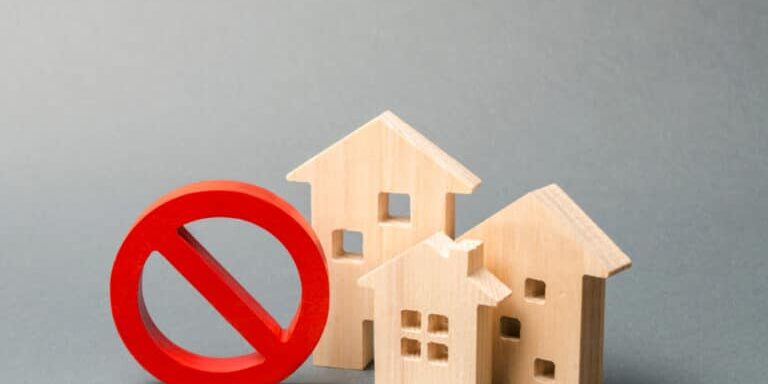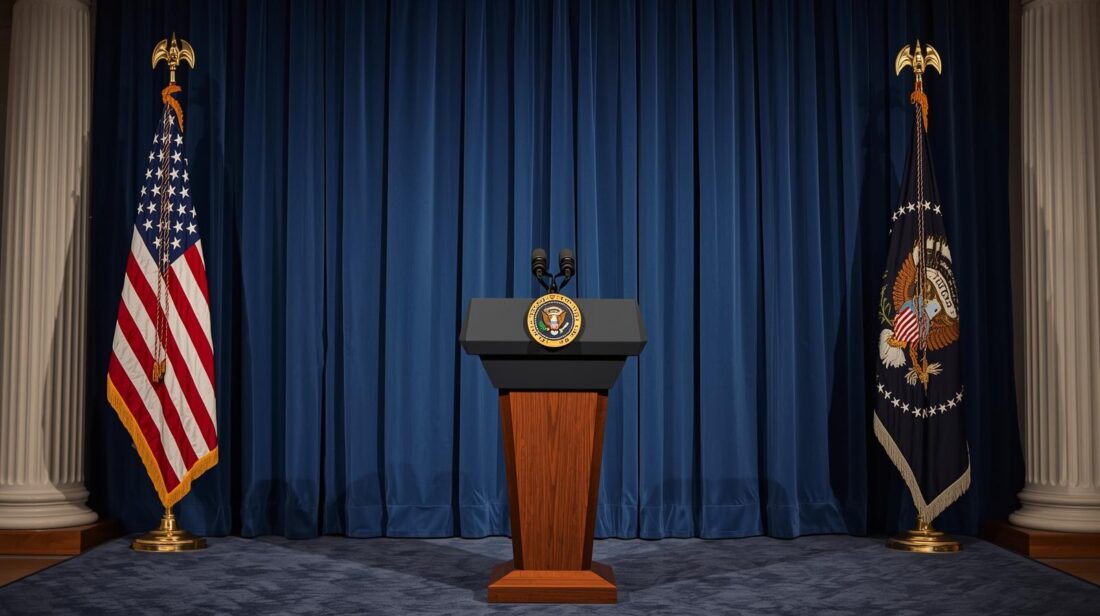
Don’t Blame BlackRock — Blame the Bureaucrats: Why Young Americans Are Being Priced Out of Housing
The Housing Crisis Isn’t a Meme. It’s a Manufactured Disaster.
You’ve seen the memes: Boomers selling homes to BlackRock, who then rents them back to broke millennials and Gen Z couples for double the price. Funny, yes—but deeply misleading. Because while BlackRock makes for an easy target, blaming them misses the real cause of today’s housing nightmare: government intervention, regulation, and inflation.
Let’s get one thing straight. Rents in America have soared—up 25% in just six years. That’s a genuine crisis. But pointing the finger at private landlords or corporations is not just inaccurate—it plays right into the hands of policymakers pushing for more control, more regulation, and less freedom.
So what’s really going on?
Why Rent Control Always Backfires
Rent control sounds like a compassionate fix—limit how much landlords can charge, and housing becomes more affordable, right?
Wrong. That’s not how markets work.
Here’s what happens every single time rent control is tried:
- Developers stop building new units because they can’t make a profit.
- Landlords pull properties off the rental market because the return isn’t worth the headache.
- Supply dries up, and demand piles up.
- Rents actually go higher in the long run because there aren’t enough homes.
The Proof:
- After rent control in St. Paul, MN, housing construction fell by 80%.
- In Britain, rent control helped collapse private renting from 50% of housing in 1950 to just 8% in 1988.
- In Buenos Aires, rent control led to a 140% price increase. Once it was repealed, housing supply surged 195% and prices dropped 40%.
You don’t need to be an economist to understand this. If you cap the price of something, fewer people will supply it. That means less housing. Less housing means higher prices.
But What About BlackRock and Corporate Landlords?
This is where a lot of young people get misled. We’re told corporate greed is pricing us out. But here’s the reality:
- Only 3% of rental properties are owned by institutional investors (people who own 100+ homes).
- Even in big cities, the number is still just 12.4%.
- That’s not nearly enough to explain skyrocketing rents.
In other words, corporations aren’t the problem—they’re just convenient scapegoats. The real culprit? A tangled mess of zoning laws, tax policies, building restrictions, and—perhaps most dangerously—inflation.
Zoning, Red Tape, and Regulatory Chokeholds
Let’s say you want to build a house or a small apartment complex. In most cities, you’re not just dealing with permits and fees—you have to get approval from your neighbors. That’s insane.
This “not in my backyard” (NIMBY) attitude, paired with zoning restrictions, means that in many cities, it’s nearly impossible to build new housing—especially affordable units.
Take Dallas—a city with loose zoning laws. It’s one of the few where real rents have actually dropped by 10% since 2022, even as people flood in from more expensive states. Why? Because when you let builders build, prices go down.
Now contrast that with places like New York, San Francisco, or Dublin—all with strict controls and insane costs. The results speak for themselves.
The Inflation Factor No One’s Talking About
Housing isn’t just suffering from regulation—it’s also a casualty of currency devaluation. Government spending, Federal Reserve money printing, and artificial interest rates all conspire to drive asset prices up—including real estate.
When you inject trillions into the economy and keep rates low for too long, prices don’t just rise—they explode. Then the same politicians who caused the problem turn around and say, “We need more regulation.”
No. What we need is less intervention, less inflation, and more freedom.
Here’s What You Can Do
If you’re reading this and feeling helpless—don’t. You can’t stop Congress from wrecking the economy, but you can take control of your own financial future.
Start here:
📘 Download the free guide — “7 Steps to Protect Your Account from Bank Failure”
📖 Read Bill Brocius’ book — End of Banking As You Know It — a must-read blueprint for protecting your wealth from the coming system collapse.
🔐 Subscribe to Bill’s Inner Circle newsletter for $19.95/month. It’s where I—and thousands of others—get ahead of the curve with uncensored insights into what’s really going on behind the scenes. You won’t find this info on CNBC or Bloomberg.
Final Thought:
The housing crisis isn’t about evil capitalists or greedy landlords. It’s about central planning, broken incentives, and a system rigged against builders, savers, and earners. If we want to fix housing, we need to unshackle the market—not strangle it further.
As always, trust the free market—and verify everything else.
— Eric Blair










